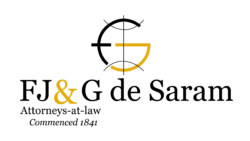Overview of Regulations
- OCC TV is regulated by the Ministry of Information and Broadcasting (MIB). While there is no dedicated legislation for OCC TV, inter-alia the Information Technology (Intermediary Guidelines and Digital Media Ethics Code) Rules, 2021 (Intermediary Guidelines) framed under the Information Technology Act, 2000 (Technology Act) lays down the regulation for OCC TV in India.
- The Intermediary Guidelines:
- Provide for self-regulation of over-the-top platforms through a 3 tier grievance redressal mechanism
- Prescribe a Code of Ethics which sets out the compliance requirements for content published by publishers of news content and non-news content; and
- Provides for blocking of access to information and content on social media platforms in the event of an emergency.
- Provisions of the Information Technology Act, 2000 and the Bharatiya Nyaya Sanhita, 2023 pertaining to regulating content and their access on digital platforms and, or, through digital means are also applicable for content on OCC TV.
Foreshadowed Changes?
In November 2023, the MIB published the Broadcasting Services (Regulation Bill) 2023 (Broadcast Bill) for stakeholder comments. The current draft Broadcast Bill is the proposed consolidated framework for the broadcasting sector which includes OTT platforms. The period of consultation for the current draft Broadcast Bill was extended by the MIB till 15 October 2024. While no timeline has been prescribed as yet for the notification of the draft Broadcast Bill, it stipulates the following: Persons providing OCC TV in India are required to intimate the Central Government within 1 month of the notification of the Broadcast Bill.
The Digital India Act was announced in March 2023 by the Ministry of Electronics and Information Technology (MEITy), which seeks to replace the Technology Act. While a draft bill is yet to be released, stakeholder consultations have been conducted and the anticipation is for the Digital India Act to regulate inter alia access to digital platforms, fake news, use of artificial intelligence, etc.
Per media reports, the Digital India Act could impact the ‘safe harbour’ protection provided to online intermediaries.
Copyright Protection
The Copyright Act, 1957 grants protection to literary, dramatic, musical, artistic works, cinematograph films, and sound recordings and provides against unauthorised exploitation of such work by the public save and except to the extent such use falls within the fair use exceptions set out in the Copyright Act. An “infringing copy” includes a sound recording or cinematographic film of a programme or performance with broadcast reproduction or performer’s rights, made or imported without requisite consent.
The term of copyright protection in the case of cinematograph films is 60 years counted from the date of publication of such film. With respect to its broadcast, a broadcaster shall have the right to: (i) rebroadcast its broadcast; (ii) cause the broadcast to be heard or seen for the payment of a fee; (iii) make any recording of the broadcast; (iv) make any reproduction of such recording or visual recording where such initial recording was done without a licence; or (v) sells or gives on commercial rental or offer for sale for any recordings set out at (iii) and (iv) above, for a period of 25 years from the beginning of the calendar year after the year of the initial broadcast.
Any person may apply to the Commercial Court for a licence to publish or communicate any published or unpublished work wherein the copyright holder is dead, unknown or cannot be traced. The Commercial Court may direct the Registrar of Copyright to issue such licence subject to the payment of royalties and other terms and conditions as may be determined by the Commercial Court. The use of the term ‘any person’ herein indicates that OCC platforms may apply to the Commercial Court for a licence to publish or communicate any published or unpublished work.
A broadcasting organisation desirous of communicating to the public by way of broadcast or by way of performance of a literary or musical work and sound recording which has already been published may do so subject to: (i) providing prior notice to the original copyright holder setting out the intended territory for broadcast and duration of the broadcast; (ii) payment of royalties to the original copyright owners as determined by the Commercial Court; (iii) announcing the names of the authors and principal performers with the broadcast; (iv) maintaining and providing such records and books of account with respect to the content. However, in 2019, the Bombay High Court has held that online streaming services cannot avail this benefit, and this right is only restricted to exploitation through television and radio broadcasting. In light of the decision of the Bombay High Court, the Department for Promotion of Industry and Internal Trade vide its office memorandum dated 21 August 2024 withdrew its earlier office memorandum extending the scope of the statutory licensing to internet transmission for clarity of the Indian as well as foreign internet streaming platforms.
The Copyright Act provides both civil and criminal remedies against infringement.
Foreshadowed Changes?
The draft Broadcast Bill stipulates a penalty of INR 1,00,00,000 for the first instance of copyright infringement and INR 5,00,00,000 for any subsequent infringement within 3 years from the original instance of infringement.
The Parliamentary Standing Committee on Commerce undertook a review of the Intellectual Property Rights regime in India and presented its report to the Rajya Sabha and the Lok Sabha on 23 July 2021. The Committee inter-alia recommended for a separate category of rights for the protection of intellectual property rights in Artificial Intelligence generated works. The Committee also recommended a review of existing legislations such as the Copyright Act to account for emerging technologies such as artificial intelligence.
After several stakeholders raised their concerns against persons using their news content to train AI models, MEITy stated the government will come up with fresh legislation to deal with artificial intelligence or will include this within the scope of the proposed Digital India Act which is slated to replace the Technology Act.
Convergence & New Technologies
NA
Foreshadowed Changes?
In January 2023, the Telecom Regulatory Authority of India (TRAI) sought comments from stakeholders on issues pertaining to the regulation of converged digital technologies and services including whether the present regime of separate licences and distinct Ministries are capable of regulating carriage of broadcasting services and telecommunication services.
Accordingly, the draft Broadcast Bill, 2023 was introduced by the Central Government with the intention of keeping pace with evolving technologies and seeks to introduce comprehensive definitions for contemporary broadcasting terms and to incorporate provisions for emerging broadcast technologies. The draft Broadcast Bill identifies Over the Top Platforms as broadcast network operators. While the draft Broadcast Bill does make references to novel and emerging technologies in broadcasting, there is no regulation in status quo streamlined to address convergence of technologies.
Licensing of Foreign Channels
There is no bar on the licensing of foreign content for distribution on OCC platforms.
Foreshadowed Changes?
There is no bar on licensing of foreign content under the Broadcast Bill.
The Broadcast Bill sets out that differentiated Programme Codes and Advertisement Codes may be prescribed for programmes and advertisements broadcasting through linear broadcasting services, on demand broadcasting services, radio broadcasting services and any other category of broadcasting services notified by the Central Government.
Licence Fees and Taxation
OCC TV services do not require any licence or permission to operate from the Government.
The regulations under the Foreign Direct Investment Policy require news website/ portals, news aggregators, and news agencies to furnish an intimation to the MIB and provide: (i) details of the company/ entity, its shareholding and names and addresses of its Directors and shareholders; (ii) the names and address of promoters/ significant beneficial owners; (iii) confirmation regarding compliance with the Foreign Direct Investment Policy; and (iv) permanent account number and latest audited profit and loss statements and balance sheet along with an auditors report.
Statewise entertainment taxes were subsumed under the Goods and Service Tax (GST) regime which was introduced under the Goods and Services Tax Act, 2017 (GST Act). Accordingly, this has resulted in individual consumers bearing less tax liability compared to the previous regime.
Currently, if both the service provider and the consumer are in India, the service provider will collect GST at 18%.
If the service provider is located outside India and the consumer is in India: (i) if the consumer is a business entity registered under the GST Act then the consumer is required to remit the 18% GST directly to the government rather than the service provider; and (ii) if the consumer is not registered under the GST Act, the service provider will be required to collect the GST and remit the taxes to the government subject to obtaining registration under the GST Act.
Foreshadowed Changes?
The Broadcast Bill stipulates that the Central Government shall have the power to make rules for carrying out the provisions of the Broadcast Bill related to inter-alia the eligibility requirements, terms and conditions, fees, and any other conditions as may be necessary for the registration of OCC Platforms under the Broadcast Bill. The Central Government has yet to issue any rules in this regard.
Rate Regulation
There are no rate regulations or price control for content on OCC platforms.
Foreshadowed Changes?
The Broadcast Bill stipulates that the Central Government shall have the power to make rules for carrying out the provisions of the Broadcast Bill related to inter-alia the eligibility requirements, terms and conditions, fees, and any other conditions as may be necessary for the registration of OCC Platforms under the Broadcast Bill.
Advertising Restrictions
In 2022, the Central Consumer Protection Authority published the guidelines on the ‘Prevention of Misleading Advertisements and Endorsements for Misleading Advertisements, 2022’ which inter-alia set out: (i) the conditions for a valid advertisement; (ii) prohibitions for surrogate advertising; (iii) conditions for advertisements targeted towards or employing children; and (iv) duties of persons to whom the guidelines apply.
Further, the Department of Consumer Affairs published the ‘Endorsements Know Hows! For Celebrities, Influencers and Virtual Influencers on Social Media Platforms’ which require influencers to inter-alia disclose a material connection (such as compensation, awards, free products) with an advertiser that may affect the credibility of the representation made by the influencer.
The MIB also issued an advisory directing newspapers, private satellite television channels, and digital media publishers of news and current affairs to refrain from publishing advertisements of online betting platforms.
In October 2022 and April 2023, the MIB published advisories for entities to curb the broadcast of surrogate advertisements i.e., to indirectly promote product or service, advertisements for which have been restricted or prohibited by law.
The Central Consumer Protection Authority vide its advisory dated 6 March 2024 cautioned that any advertisement or endorsement, whether directly or indirectly, of activities otherwise prohibited by law including betting and gambling will be subject to review under the Consumer Protection Act, 2019.
Further, the MIB vide its advisory dated 21 March 2024 advised influencers and endorsers on social media, social media intermediaries and online advertisement intermediaries to refrain from promoting or advertising offshore online betting and gambling platforms in any form. Social media intermediaries were advised to conduct sensitization training among their users to refrain from publishing such content, failing which such persons will be held liable for breaching the Consumer Protection Act. 2019.
The Advertising Standards Council of India (ASCI), a self-regulatory body, has published The ASCI Code for Self-Regulation in Advertising to protect the interests of consumers. While ASCI compliance is optional for non-members, the ASCI Consumer Complaint form provides an option to the consumer to lodge a complaint against an advertisement viewed online or on a website.
Foreshadowed Changes?
The draft Broadcast Bill sets out that differentiated Advertisement Codes may be prescribed for advertisements broadcasting through linear broadcasting services, on demand broadcasting services, radio broadcasting services and any other category of broadcasting services notified by the Central Government.
Media reports further indicate that the Union Consumer Affairs Ministry will soon issue rules to curb surrogate advertisements by alcohol brands.
Content Regulation
All content on OCC platforms must adhere to the Code of Ethics as set out in the Intermediary Guidelines which inter-alia sets out that content must: (i) be compliant with Indian laws; (ii) not affect the sovereignty and integrity of India, endangers security of the state; (iii) not be detrimental to India’s relations with foreign countries; (iv) take into account India’s multi racial and multi religious context.
The Intermediary Guidelines also requires for classification of content based on themes including: (i) themes and messages; (ii) violence; (iii) nudity; (iv) sex; (v) language; (vi) drug and substance abuse.
Publishers are required to display the classification such that: (i) classification and rating are specific to each content or programme with a content descriptor informing the user about the nature of the content and advising on viewer discretion at the beginning of every programme. Publishers must restrict access to content which is meant for viewing by persons above 18 years of age by implementing appropriate control measures.
The Code of Ethics also prescribes that news and current affairs content must comply with: (i) Norms of Journalistic Conduct of the Press Council of India under the Press Council Act; (ii) the programme code prescribed under the Cable Television Networks Act, 1995 and the rules issued thereunder; (iii) all Indian laws. The publishers of news and current affairs content are required to additionally ensure that their content does not: (i) offends good taste or decency; (ii) contain criticism of friendly countries; (iii) contains anything obscene, defamatory, false, suggestive, innuendos, or half-truths; (iv) contain anything amounting to contempt of court; (v) denigrate women through the depiction in any manner of the figure of the woman, her form or body in such a way that may be indecent or derogatory to women; (vi) denigrate children.
Further, per notification dated 31 May 2023, amending the rules under the Cigarettes and Other Tobacco Products Act, 2004, all OCC platforms must display: (i) anti-tobacco health spots, of minimum thirty seconds in duration each at the beginning and middle of the programme; (ii) anti-tobacco health warning as a prominent static message at the bottom of the screen during the period of display of the tobacco products or their use in the programme; (iii) an audio-visual disclaimer on the ill-effects of tobacco use, of minimum twenty seconds duration each, in the beginning and middle of the programme.
Foreshadowed Changes?
The draft Broadcast Bill sets out that differentiated Programme Codes may be prescribed for programmes broadcasting through linear broadcasting services, on demand broadcasting services, radio broadcasting services and any other category of broadcasting services notified by the Central Government.
Regulations on Dubbing / Subtitling & Captioning
Per the Code of Ethics in the Intermediary Guidelines, every OCC platform is required to take reasonable efforts to improve the accessibility of content transmitted to persons with disabilities through the implementation of appropriate access services, to the extent feasible.
Foreshadowed Changes?
The draft Broadcast Bill sets out that the MIB may issue guidelines so that broadcasting services are accessible to persons with disabilities. The MIB may prescribe requirements including: (i) supplementing video programmes with subtitles of size, colour and font as may be specified; (ii) supplementing video content audio description for the blind in such languages as may be specified; (iii) translating audio content into sign language; (iv) submission of an annual end to end compliance report to the Central Government; and (v) establishing a complaints mechanism for persons with disabilities who are unable to access the content.
Programme Supply Restrictions
There is no bar from OCC platforms entering into exclusive licensing arrangements with owners of the content.
FDI Restrictions
Up to a maximum of 26% FDI under the government approval route is permitted for entities uploading/streaming of news and current affairs through digital media. This applies to news aggregators, companies and agencies registered or located in India which are involved in uploading news and current affairs content on websites, applications and other platforms, and, or, supplying information to digital media firms. Additional requirements include a majority of Directors on the Board, the CEO, CFO, and the CSO of such a company to be Indian citizens in addition to security clearance requirements for foreign personnel. There is no equivalent requirement for non-news content as on date.
If an OTT platform is hosting a digital feed of a TV news channel and granted permission under the extant Uplinking and Downlinking Guidelines, only as a medium and makes it available to its subscribers/users, such an OTT platform is not covered under the 26% cap.
Per the press note 3 of 2020 dated 17 April 2020, a citizen of Bangladesh or an entity incorporated in Bangladesh can invest only under the government route. Further, a citizen of Pakistan or an entity incorporated in Pakistan can invest, only under the government route.
Besides the entry conditions on foreign investment, the investment/investors are required to comply with all relevant sectoral laws, regulations, rules, security conditions, and state/local laws/regulations.
Foreshadowed Changes?
TRAI issued a consultation paper soliciting responses to several issues pertaining to cross-media ownership including to criteria to determine ownership/ control, methods to determine market concentration, basis for classification of relevant geographic markets to determine concentration in media ownership and whether entities should be allowed to have interests in both broadcasting and distribution companies.
Several stakeholders highlighted that structural regulations to monitor media ownership is violative of the right to freely disseminate and receive information in India and must accordingly be avoided. It remains to be seen if the Government will impose any cross-media ownership restrictions given the increasing levels of convergence of technologies and services.
Retransmission Arrangements
There is no requirement for OCC platforms to compulsorily carry any content on their platforms.
Per the Sports Broadcasting Signals (Mandatory Sharing with Prasar Bharati Act, 2007), all content owners and broadcasting service providers must simultaneously share live broadcasting signals of sporting events of national importance as notified by the Government without advertisements with Prasar Bharati to enable them to retransmit the same through Prasar Bharati’s own terrestrial networks and direct-to-home networks. The Central Government retains the right to notify additional broadcasting services and may include OCC platforms as broadcasting service providers vide notification.
Foreshadowed Changes?
Prasar Bharati, in its comments to TRAI’s consultation paper on ‘Regulatory Framework for Over-The-Top (OTT) services’, had proposed that OCC providers offering live TV channels be mandated to also offer Doordarshan channels.
There are no prescribed retransmission requirements for OCC platforms in the draft Broadcast Bill.
Consumer Protection
The Intermediary Guidelines provide for a three-tier grievance redressal mechanism to be followed by OCC platforms (including publishers of news and current affairs content), to address consumer grievances: Any dispute is first referred to the Grievance Officer appointed by the OCC platform, then to the self-regulatory body of which the OCC platform is a member (all OCC platforms are required to be a part of one self-regulatory body) and finally to a committee instituted by the MIB in the event the issue is not resolved by the grievance officer or the self-regulatory body.
All OCC providers are also subject to provisions of the Consumer Protection Act, 2019 under which a three-tier dispute mechanism has been prescribed at the district, state, and national level. If the service provided by an OCC provider is found to be deficient, the consumer forum may order that the charges paid by the complainant be returned along with such interest or charges as may be decided. The Consumer fora also have the power to order the payment of punitive damages, and costs of the proceedings to the complainant, as deemed fit.
Foreshadowed Changes?
There have been several challenges to the Intermediary Guidelines across judicial fora, specifically with reference to the section applicable to publishers of OCC content and news and current affairs content. All these appeals have been transferred to the Delhi High Court. Pending the Delhi High Court decision, there is currently a stay on the applicability of the penal provisions under the impugned section of the Intermediary Guidelines.
The draft Broadcast Bill provides for self-regulation by OCC platforms through the appointment of a grievance officer, constitution of an internal Content Evaluation Committee, and becoming a part of a self-regulatory body approved by the Government. Any grievance that has not been addressed per above will be referred to the Broadcast Advisory Council constituted by the Central Government.
Entering a New Market: FAST TV
There is currently no dedicated legislation applicable to Free Ad Supported Video Television in India. However, the channels to be broadcast on FAST TV must be in conformity with the regulations set out herein.
Foreshadowed Changes?
The draft Broadcast Bill references novel and emerging technologies in broadcasting. Accordingly, it is likely that FAST TV services may be brought under the purview of the Broadcast Bill.
Data Handling
Privacy norms in India are set out in the Information Technology (Reasonable Security Practices and Procedures and Sensitive Personal Data or Information) Rules, 2011 which broadly provide that data should be processed with consent and in a lawful manner. There are no data localisation requirements in place save and except sector specific regulations unrelated to the subject matter of these matrices.
Foreshadowed Changes?
In August 2023, the Central Government published the Digital Personal Data Protection Act, 2023 (Data Protection Act), which is the first comprehensive data protection regulation in India. The provisions of the Data Protection Act will come into force subsequent to the Central Government notifying and issuing the rules under the Data Protection Act.
The Central Government is likely to notify the provisions of the Data Protection Act and issue the rules thereunder within the coming months. While the provisions broadly provide that data should be processed with consent and in a lawful manner, the Data Protection Act also provides for reasonable exceptions where such processing can take place without the consent of the concerned individual. The Data Protection Act also prescribes fines for breach of the Data Protection Act and the rules issued thereunder.
Other Country-specific Information
N/A
Foreshadowed Changes?
The Central Government has also published the draft of the Digital Competition Bill, 2024 which aims to impose additional obligations to prevent anti-competitive conduct in the digital space and to regulate the practices in the provisions of core digital services.
The draft of the Digital Competition Bill inter-alia proposes ex-ante regulations in addition to the ex-post framework under the Competition Act, 2002 to prevent instances of anti-competitive practices of large digital enterprises. The draft of the Digital Competition Bill envisages video sharing platform services within its purview.
Knowledge Partner
India

Knowledge Partner: Bharucha & Partners
Website: www.bharucha.in
Address:
2nd Floor, Legacy
42, Okhla Industrial Estate III
New Delhi 110 020. India
Tel: +91 11 4593 9300
Contact:
Kaushik Moitra (Partner)
Karnika Vallabh (Counsel)
Shashank Venkat (Associate)
Bharucha & Partners is a full-service law firm with offices in Mumbai, New Delhi, and Bengaluru. The Firm advises across range of transactions and disputes, serving a diverse clientele, including Fortune 500 companies, multinational corporations, public sector undertakings, and financial institutions. Known for its commitment to excellence and professionalism, the Firm and its practitioners are consistently recognised by leading platforms such as Chambers and Partners, Legal 500, and IFLR1000 for their expertise across various practice areas.
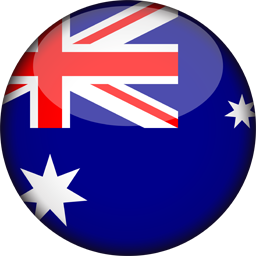

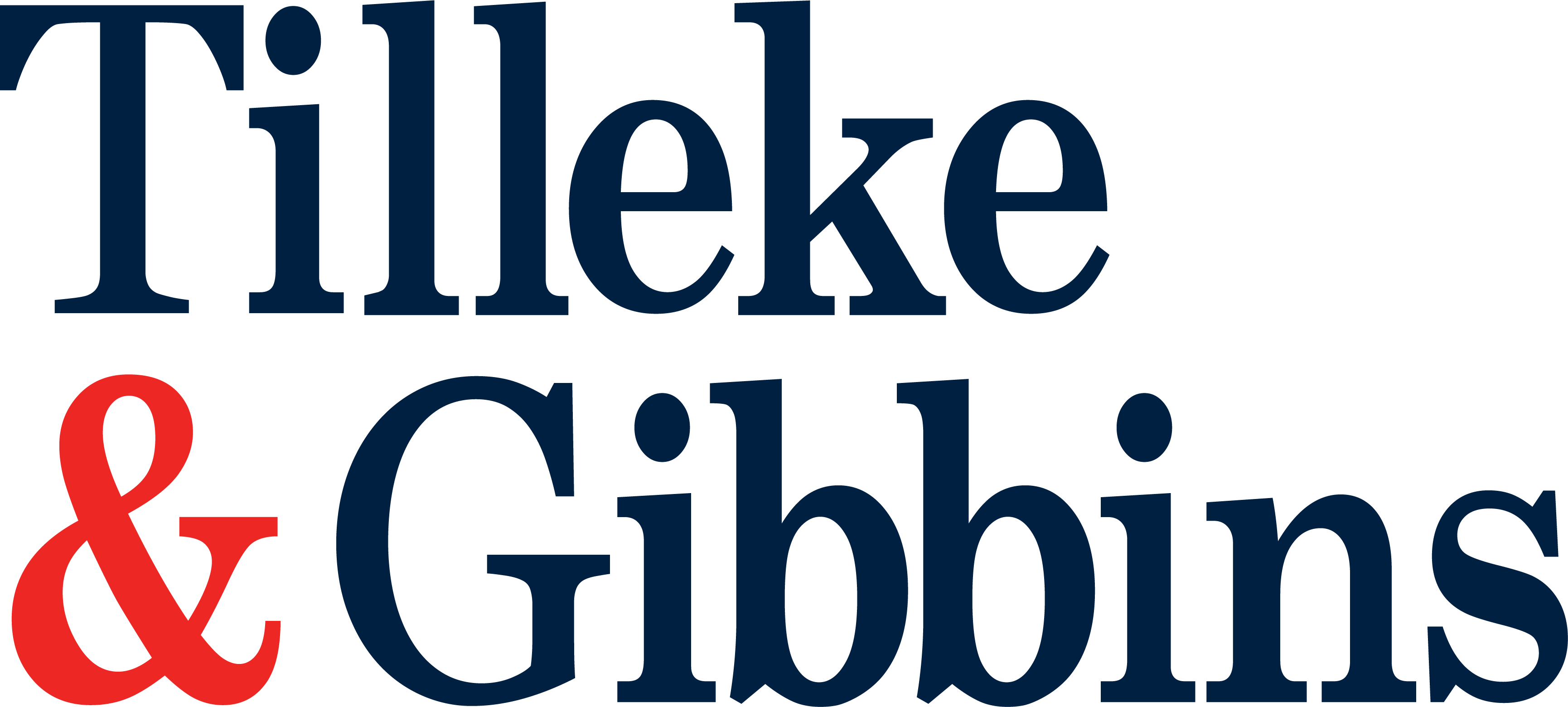








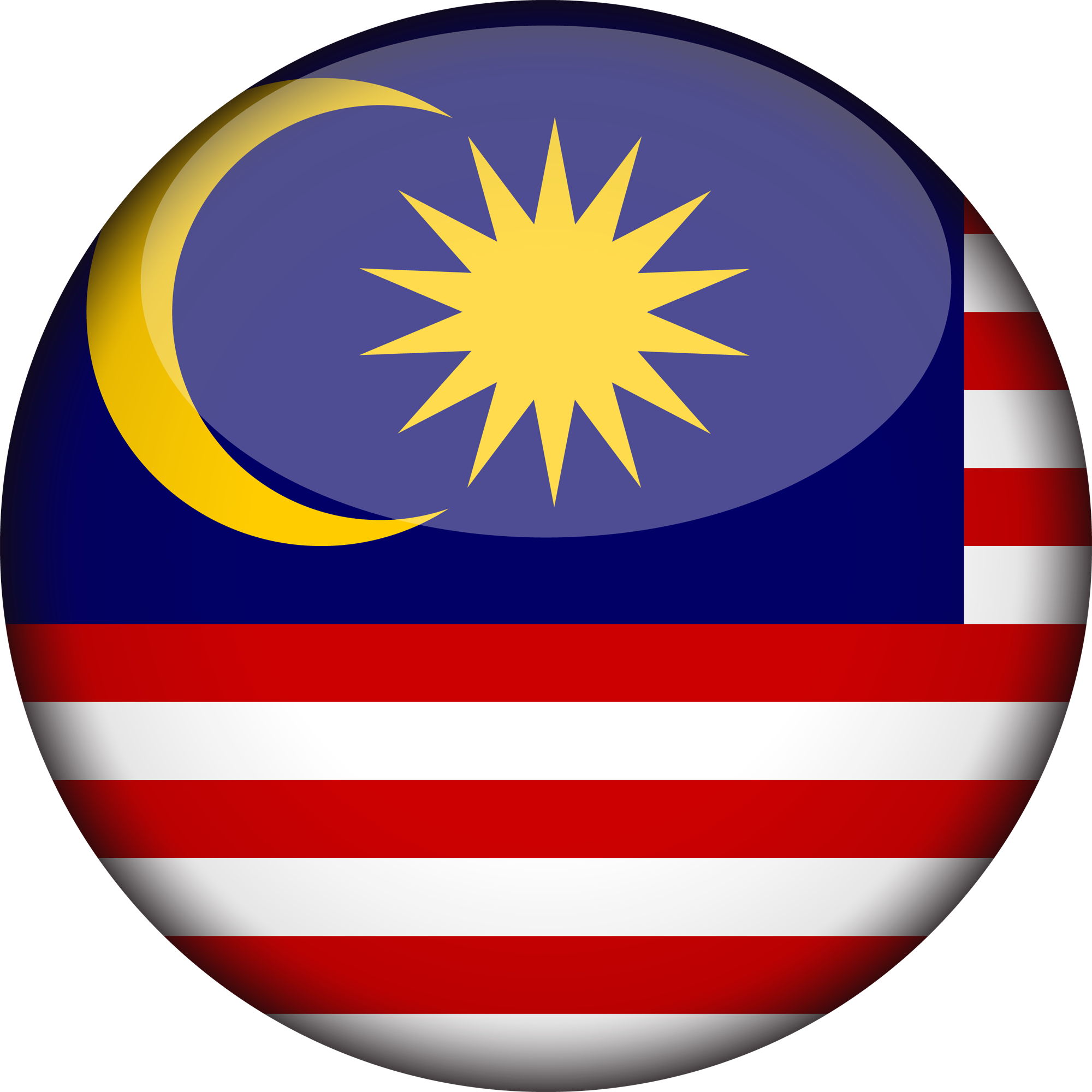

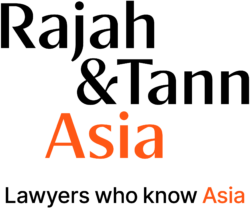





 Knowledge Partner: CMS Cameron McKenna Nabarro Olswang (Singapore) LLP
Knowledge Partner: CMS Cameron McKenna Nabarro Olswang (Singapore) LLP


